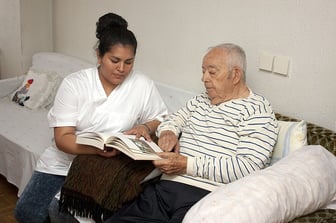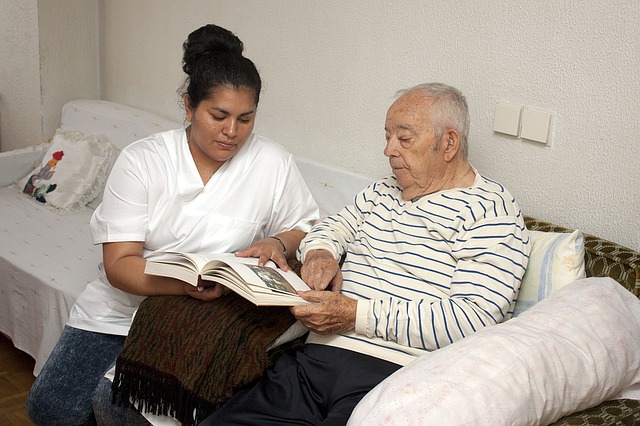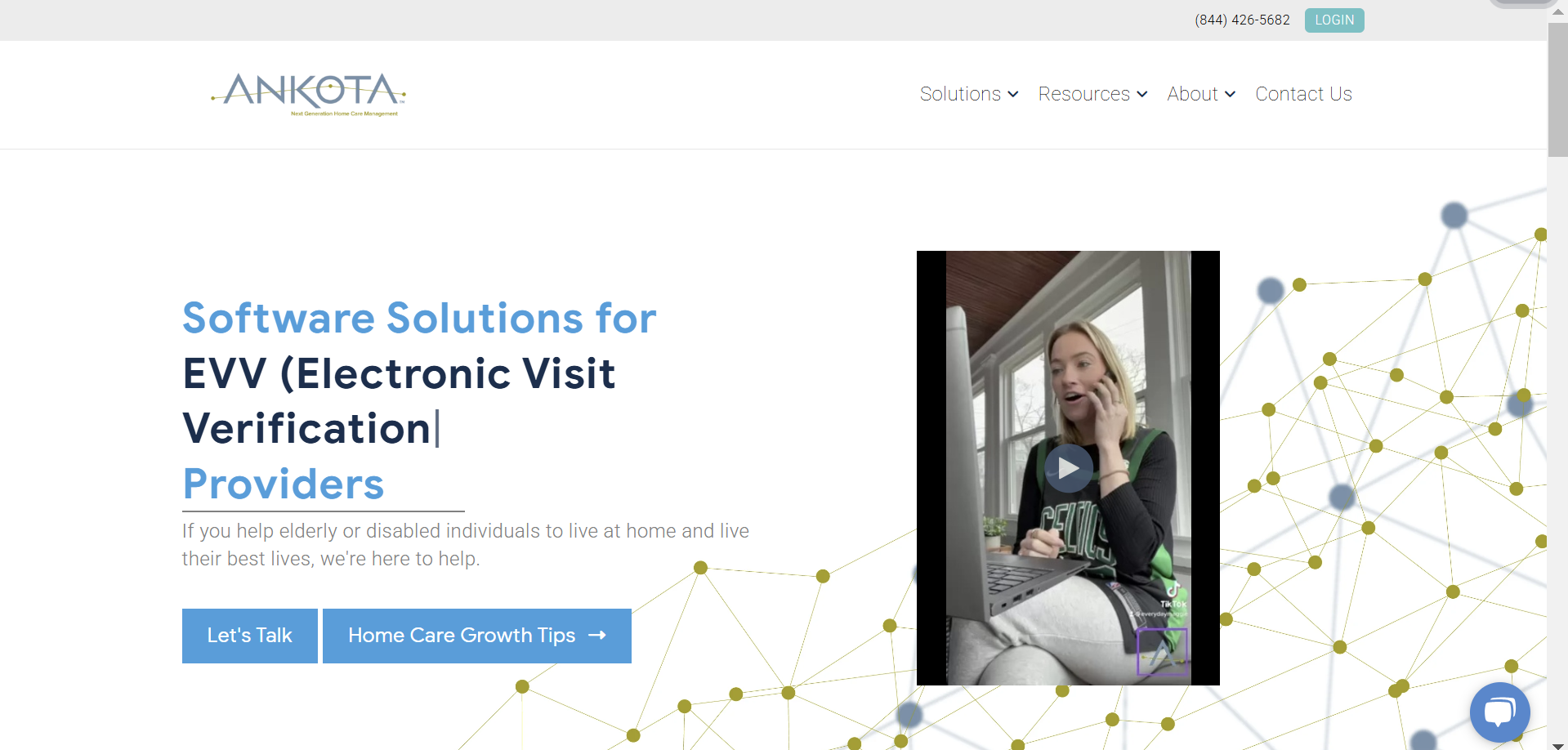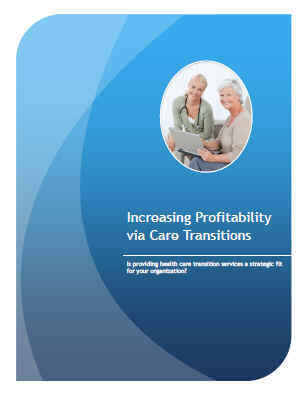Today's guest Blogger is Evan Kaden. "Evan is a rare-breed of freelance writers who, believe it or not, doesn’t drink coffee! With a passion for sustainability and quality of life, he’s grateful for the opportunities he’s had to share his thoughts and stories with people through this crazy place called the internet."
As we grow older, there are times when home-care is regrettably needed and sometimes our friends and family cannot always be available to lend a hand (as much as they would want too). There may also be someone you know who has a physical or mental disability who is in an equal need of care – Whatever the circumstance, it is often a delicate matter that requires great attention and forethought. In these instances the person in question may be housebound – Therefore, both medical attention and home-care may need to be given in the house as opposed to travelling to the local doctor. Research has shown that having a well-balanced mix of both professional medical care, and personalised home-care can greatly improve the patient’s quality of life.
Medical Care – Vital for Patients' Health
 The first and foremost aspect of home-care is of course the actual physical health of the patient. This will usually be carried out by a home health care Agency and can include such treatments as:
The first and foremost aspect of home-care is of course the actual physical health of the patient. This will usually be carried out by a home health care Agency and can include such treatments as:
The trained professionals will ensure the patient is fully cared for and has everything they need to cope with their condition or situation. The health-care staff will be qualified and have to comply with government standards and there are even specific roles like the CNA (Certified Nursing Assistant) who deal exclusively with Home Health Care.
Non-Medical Care – Vital for Patients' Well-Being
The other aspect of Home-care is sometimes overlooked and when not considered can actually be detrimental to the patients’ health and well-being. This is of course the Non-Medical care or “home-care” and deals with the day-to-day activities in the house that a patient may not be able to complete such as:
While these tasks may seem trivial, they are actually a huge factor in a patient’s well-being and should be given an equal amount of attention to their medical care. If you are unwell, the last thing you want to worry about are bills, housework, or cooking – Having a professional there to help with the general day to day tasks (Also known as IADLs) can take that worry and stress away, allowing you to concentrate on improving your health.
How Combining Both Can Help
To provide the most effective home-care to a patient, a tried and tested way is to balance the above two aspects and ensure that both the patients’ health and home are tended too. Providing excellent medical care to a patient whose home is falling into disrepair is unadvisable; while in the same instance, ensuring a patient has an immaculate home and a huge stock of food, but failing to change their dressings on an open wound could be equally as disastrous. Balance is key!
CDPAP – A Beneficial Medicaid Program
There are certain programs designed to combine medical and home-care to give patients an all in one package and cater for all their needs. The CDPAP is one such directive and is well known for providing excellent care, but also giving the patient/family more freedom to choose who gives care etc. In traditional care, the vendor (care-giver) will decide which providers to use etc, whereas with CDPAP, a family member or spouse will make such decisions. This gives greater control and provides the patient with a flexible and personal home-care option.
Creating The Right Balance
As you can see it is important to find an appropriate balance when concerning home-care – The patients well-being and quality of life is paramount and ensuring both their health and home are looked after will go a long way to contribute to this.
For more Best Practices, you can download a free eBook Seven Habits of Highly Effective Home Care Agencies. Just click the link or the picture to download.
If you're interested in scheduling a live demo of our software solutions, just click the button below:

Ankota provides software to improve the delivery of care outside the hospital, focusing on efficiency and care coordination. Ankota's primary focus is on Care Transitions for Readmission avoidance and on management of Private Duty non-medical home care. To learn more, please visit www.ankota.com or contact us.
If you're interested in scheduling an online demo of our home care or care transitions software solutions, just click this button:

.png)
.png)




.png)
.png)


